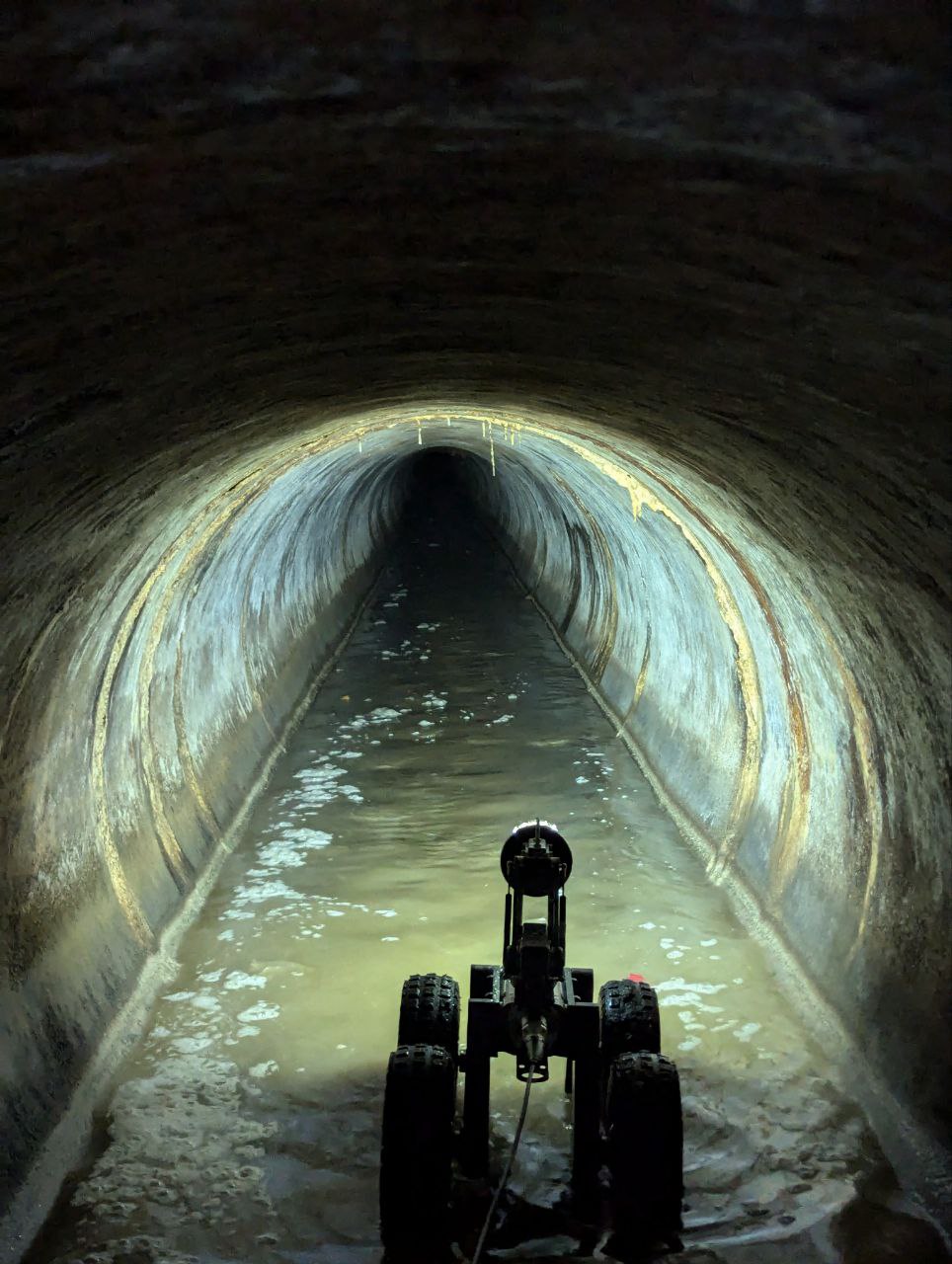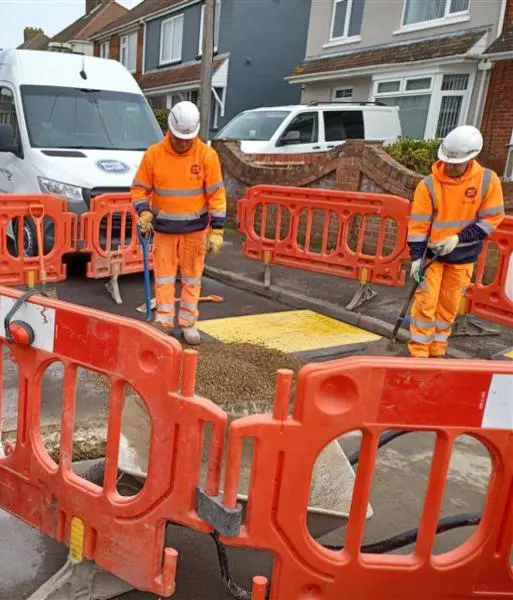
Work underway on £170m Portsmouth Harbour storm overflow reduction scheme
Water quality in Portsmouth Harbour is being boosted by a £170 million investment in solutions that can reduce storm overflows.

Reducing storm overflows in Portsmouth Harbour
Our Clean Rivers and Seas Task Force is busy surveying sewers across Portsmouth city, Gosport and Fareham for improvements - and rolling out various tactics to keep surface and groundwater out of the pipes so we don’t need to rely on releases into the environment when our treatment sites become overloaded in stormy weather.
The major scheme is part of our £1.5bn Clean Rivers and Seas Plan to tackle storm overflows and play our role in protecting and enhancing the environment, and follows hot on the heels of other projects going live in locations across Hampshire, Kent, Sussex and the Isle of Wight – but on a much larger scale.
The work that Southern Water is focusing on for Portsmouth Harbour includes:
-
Introducing a range of sustainable drainage schemes (known as SuDS), like raingardens, swales and permeable surfaces to slow the flow of rain into sewers
-
Installing hundreds of slow draining and smart water butts on homes, businesses and public buildings
-
Tackling the impact of surface water run-off from roofs, through disconnecting downpipes which are incorrectly plumbed into sewers
-
Upgrading pumping stations and treatment works so they can better cope with high volumes of flows
-
Teaming up with partner organisations, groups, businesses and schools to come up with solutions, including the ‘greening’ of roads
Project manager Keith Herbert, from our Task Force, said:
“This is a big moment for our Task Force as we embark on one of our biggest storm overflow reduction projects anywhere in the UK - to cut storm overflows into Portsmouth Harbour, and work with our partners to overhaul how our sewer network is viewed and how it works in this area.
“If water companies only had to treat wastewater, there would not be the need for storm overflows at all. Our strategy is to stop this extra water from getting into our pipes, or use nature-based solutions to slow down the flow, so that we can keep our sewers moving and protect our precious coastline.”
